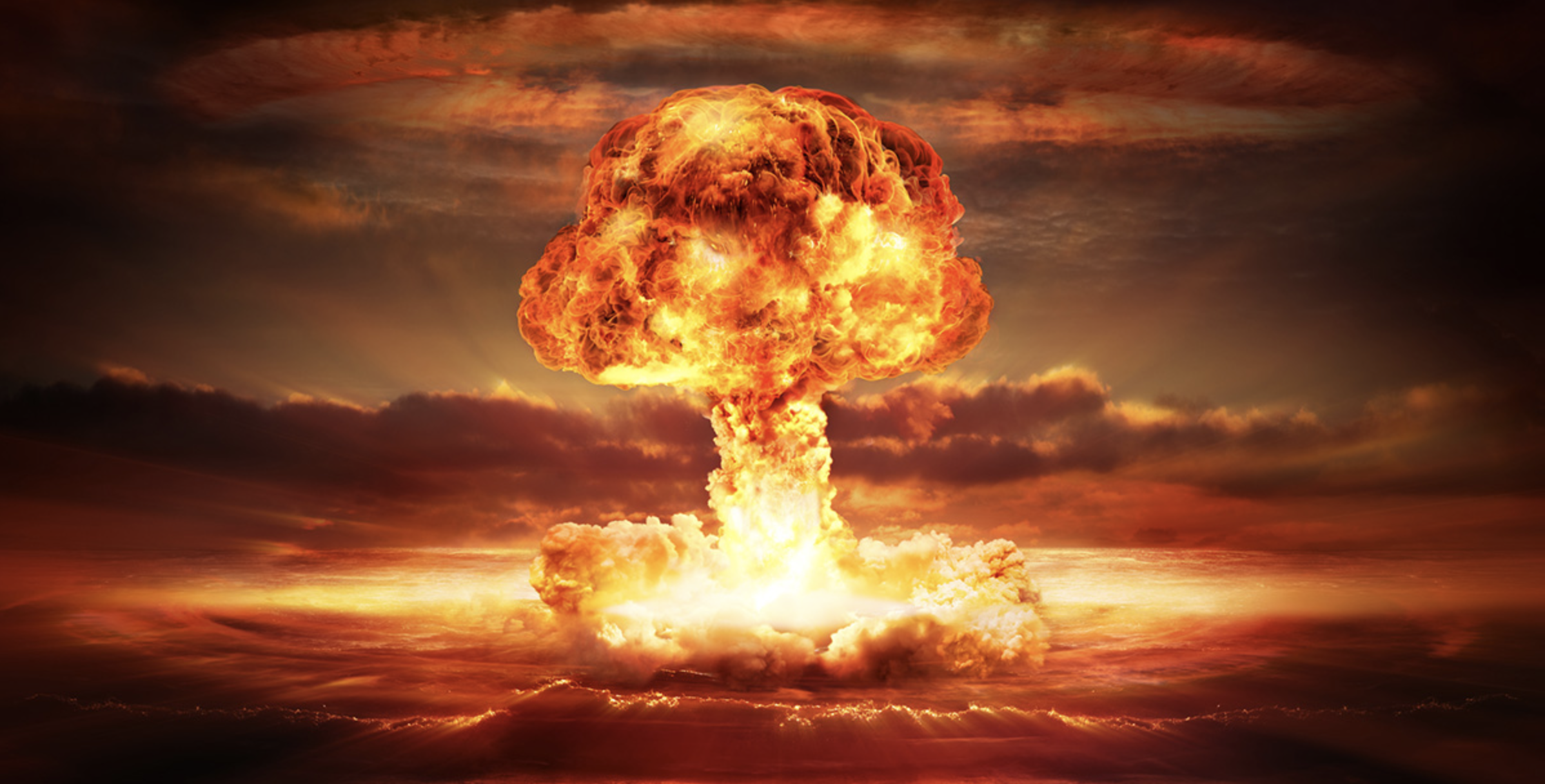 Kerby Anderson
Kerby Anderson
Nuclear war may be unthinkable, but we need to think about it, so it doesn’t occur. Recently at a China-Russia summit, General Secretary Xi Jinping and Russian President Vladimir Putin proclaimed, “There can be no winners in a nuclear war, and it should never be fought.” While we can take comfort in their statement, we also need to realize these two leaders have threatened the use of nuclear arms in the past.
In his latest book, The End of Everything: How Wars Descend into Annihilation, Victor Davis Hanson explains that war can settle disputes, topple dictators, and bend the trajectory of civilizations. But he also warns there have been times when war ended in utter annihilation.
He provides four historical examples: the city-state of Thebes, ancient Carthage, Byzantine Constantinople, and Aztec Tenochtitlan (tuh/noch/te/lan). The leaders believed their illustrious pasts would be enough to prevent their destruction. Alexander the Great, Roman Scipio, Muslim Mehmet, and the Spanish conquistador Cortés proved them wrong. Each of them didn’t just attempt to defeat their enemy but were successful in destroying them and their culture.
There are many ways that nations and people can vanish from history. Sometimes natural causes like earthquakes, volcanic eruptions, or plagues wipe out a population. His book provides four examples of how wartime destruction of a culture and civilization have taken place in the past. His book is an important warning that it could happen again.
What is striking is how quickly the transition from normality to the end of days can take place. This rendezvous with finality was unexpected. Their leaders failed to assess their military and cultural weaknesses. This needs to be a warning for us today. 
 Listen Online
Listen Online Watch Online
Watch Online Find a Station in Your Area
Find a Station in Your Area








 Listen Now
Listen Now Watch Online
Watch Online
